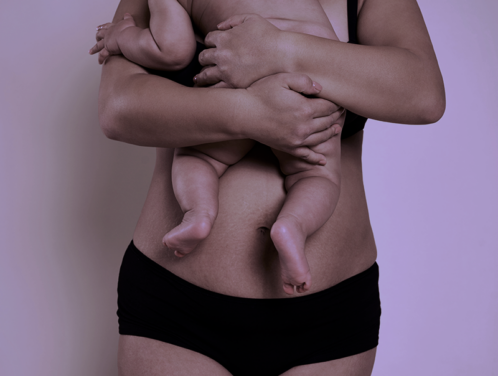Most have been bothered by an occasional yeast infection. But recurrent yeast infections are about as fun as a day at the DMV. And when you have three or more per year (the definition of recurrent vulvovaginal yeast infections), it can be a painful, itchy, burning problem to contend with.
An overgrowth of the fungus Candida in the vagina causes yeast infections. When you have frequent infections, it typically means the vaginal microbiome isn’t staying balanced with a combination of good and harmful bacteria.
Certain factors contribute to more frequent infections, including taking antibiotics, using oral contraceptives, hormonal changes like during pregnancy and menopause, a weakened immune system, using spermicidal jellies, not changing out of wet or damp workout clothes, wearing tight-fitting, non-breathable clothing as well as having diabetes[1]. Knowing these contributing factors can help, but what’s really going on with frequent yeast infections?
How to Handle Recurrences?
If you’ve gotten three or more yeast infections within a year without being on antibiotic therapy, stop self-diagnosing because you could be missing something important. Instead, get clinically evaluated by your healthcare professional.[2] About five percent of women over 25 get recurrences and complain that treatment is ineffective.[3] Molecular testing for Candida species may be ordered, as may a fungal culture with anti-fungal drug susceptibility testing. A molecular profile of your vaginal microbiota may also be performed, to rule out other infections such as an imbalance in your flora (bacterial vaginosis, or BV).
Reasons for Recurrence
Some women have recurrent yeast infections because of antifungal resistance—the infection isn’t responding well enough or at all to the medication.[4] Other reasons include noncompliance–when someone doesn’t complete the entire course of therapy and seems to become reinfected within three months, but likely still has the original infection.[5] Finally, the infections may be caused by a resistant strain of C albicans, the most common yeast-causing pathogen, or a resistant non-C albicans species of fungus .[6]
Treating Recurrent Yeast Infections
There is no one-size-fits-all treatment for recurrent yeast infections. This is likely a large part of the problem. Each treatment must be individualized to the particular infection, culture results, frequency, side effects and cost of treatment. [7]
In one older study that looked at the efficacy and cost of a monthly prophylaxis treatment to prevent recurrence vs. an empiric model where women self-treated with medication when they self-diagnosed an infection, women used less medication when self-treating and 75 percent of women in the study said they preferred the empiric model.
With recurrent infections, however, it’s typical for your OB/GYN to prescribe vaginal and oral medication, as well as a longer treatment course, up to two weeks, multi-dose oral medication, which is two or three doses of an oral antifungal, or a prophylaxis treatment that you take longer term to try and prevent a recurrence. Some common prescription medications include Fluconazole, taken orally; Terconazole, available as a cream, suppository, or oral tablet and Butoconazole (contraindicated in pregnant patients), available as a cream or suppository.[8]
Several types of Candida albicans are resistant to these Azole medications.[9] In these cases, your doctor could recommend treatment with a boric acid capsule that’s inserted into the vagina (not for use in pregnant patients). It is only used when the Candida fungus is resistant to the usual antifungal medications and must be used with care since it is fatal if taken orally.[10]
While specific lifestyle changes like healthy living, exercise, and a Candida diet (one that eliminates gluten and sugar) have been touted as possible lifestyle measures that can reduce recurrent yeast infections, most studies have found the claims lacking.[11]
On the other hand, probiotics may still hold merit for helping with your vaginal microbiome. Studies show they help produce lactic acid and hydrogen peroxide that lower vaginal pH. Probiotics may also help with antimicrobial compounds by stimulating the immune system and maintaining a better bacterial balance in the vaginal tract, which may decrease recurrent yeast infections. [12]
Lastly, reducing stress levels have also been found to affect the vaginal microbiome. Chronic stress can affect vaginal lactobacilli abundance, elevate pH levels, and cause an increase in pro-inflammatory conditions in the vaginal tract.[13] Reducing stress may be crucial for your treatment.
Recurrent yeast infections can be uncomfortable and frustrating. Still, by understanding the underlying causes, knowing what treatment options are available and taking care of your health and stress levels, you can manage them with the help of your healthcare clinician.






